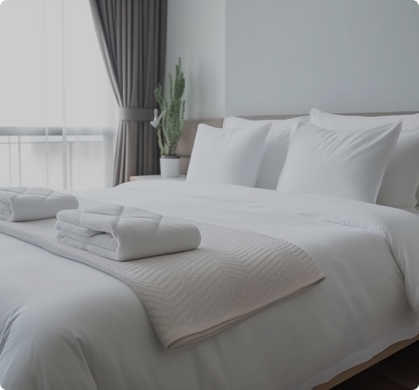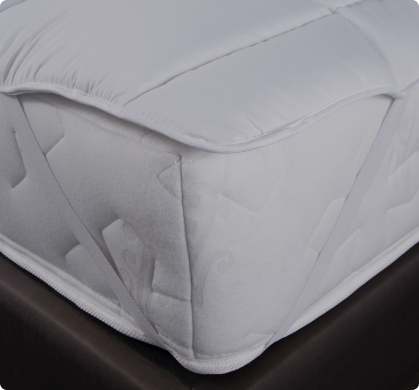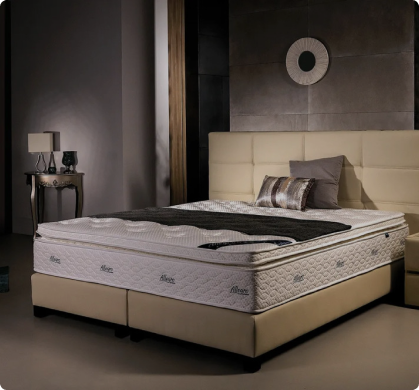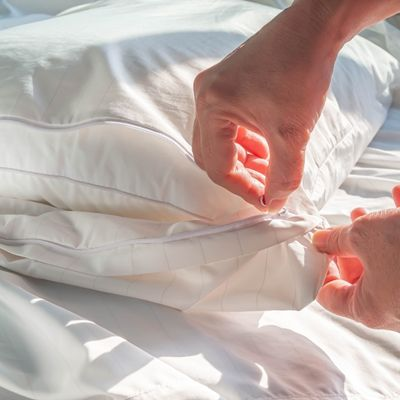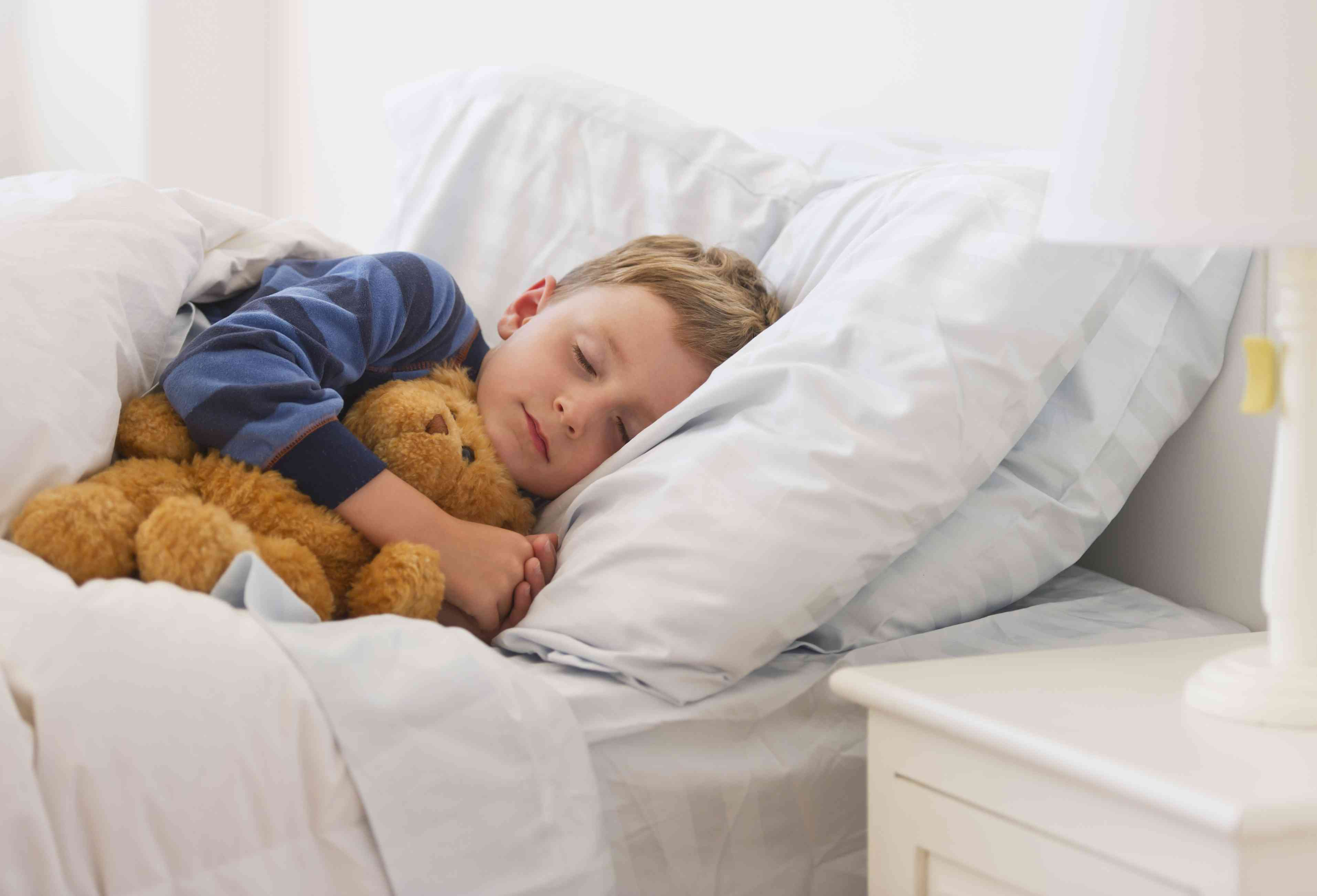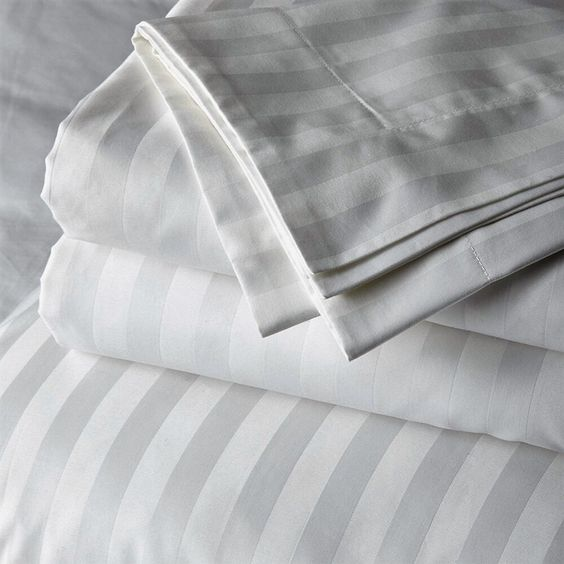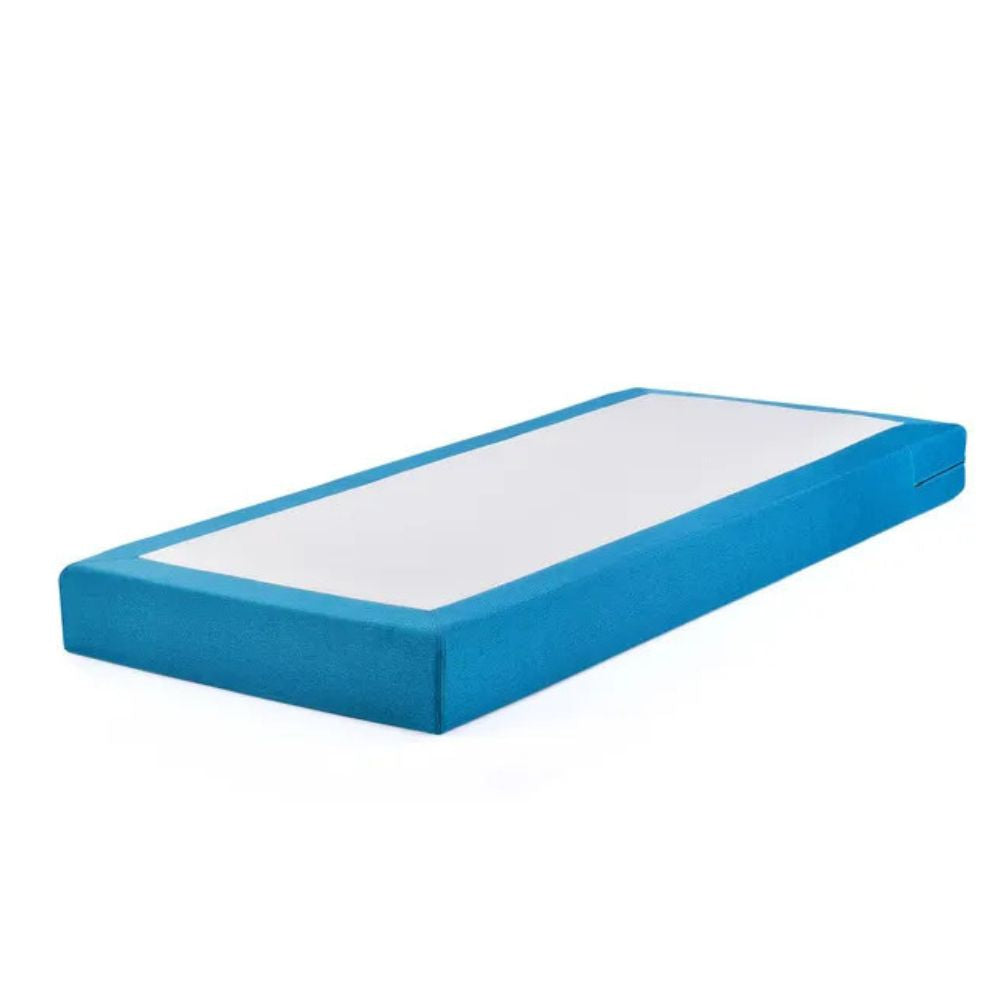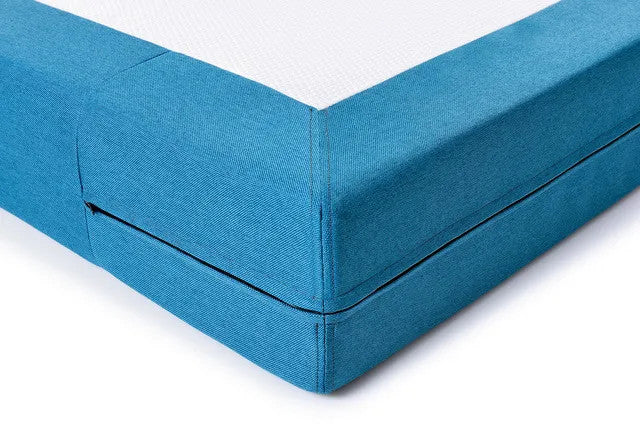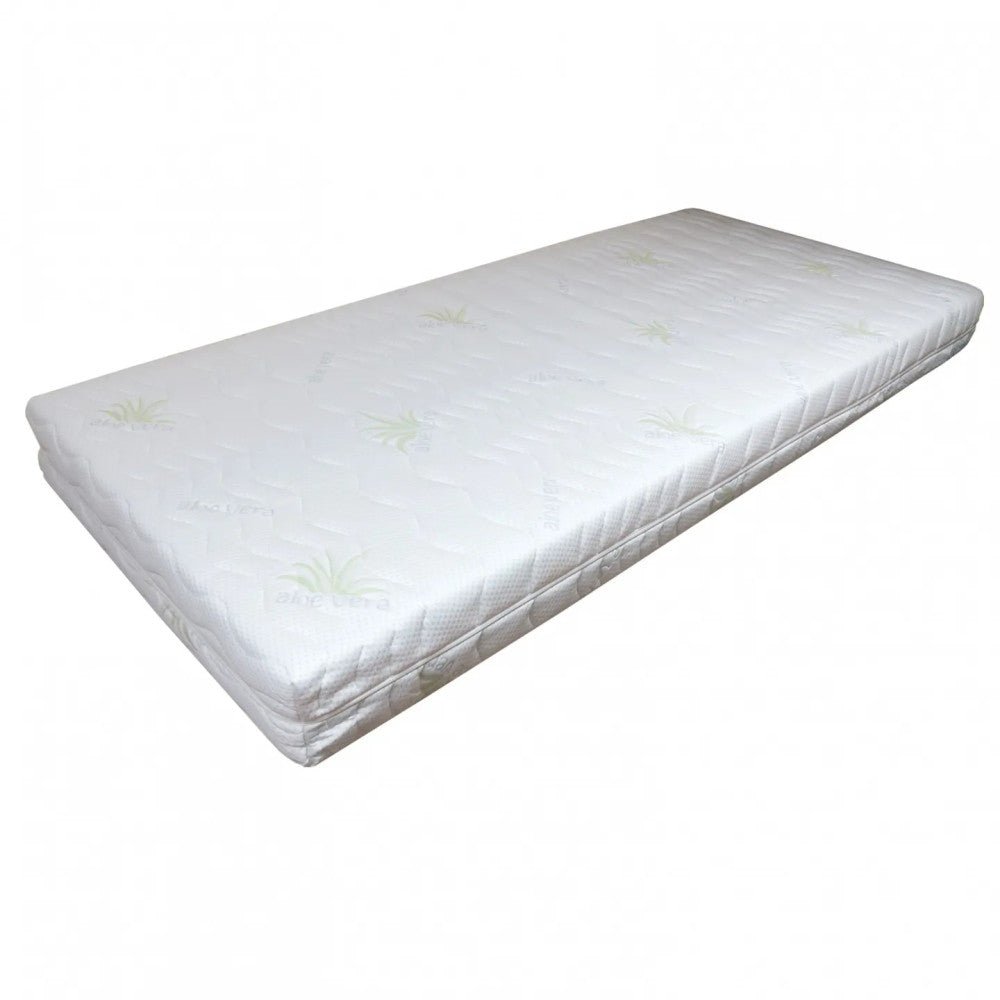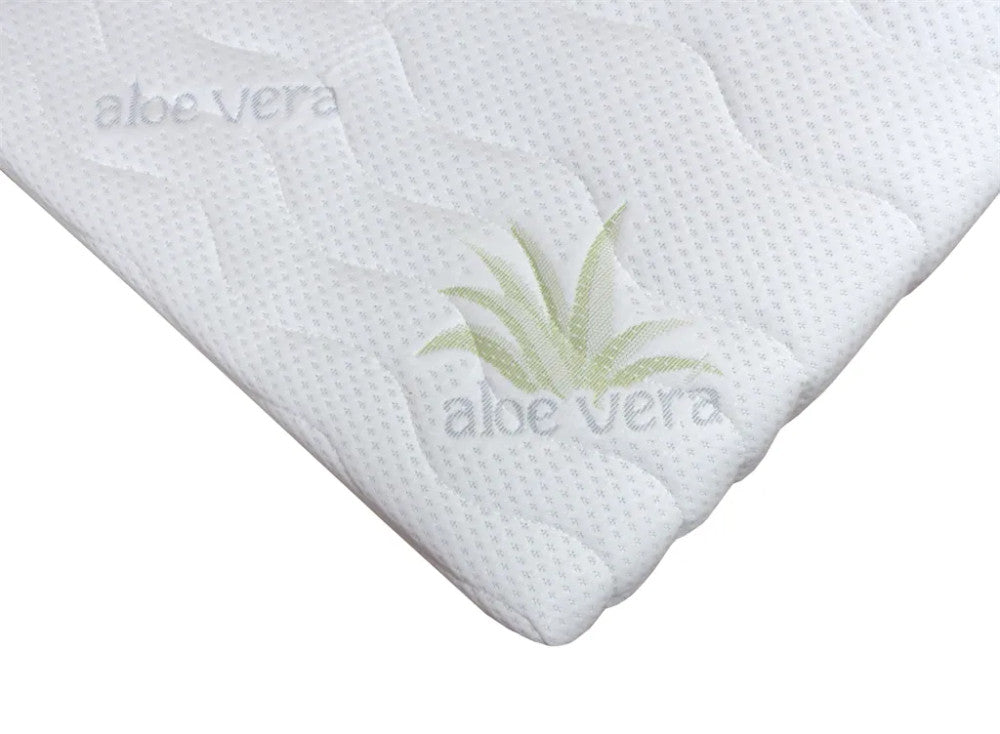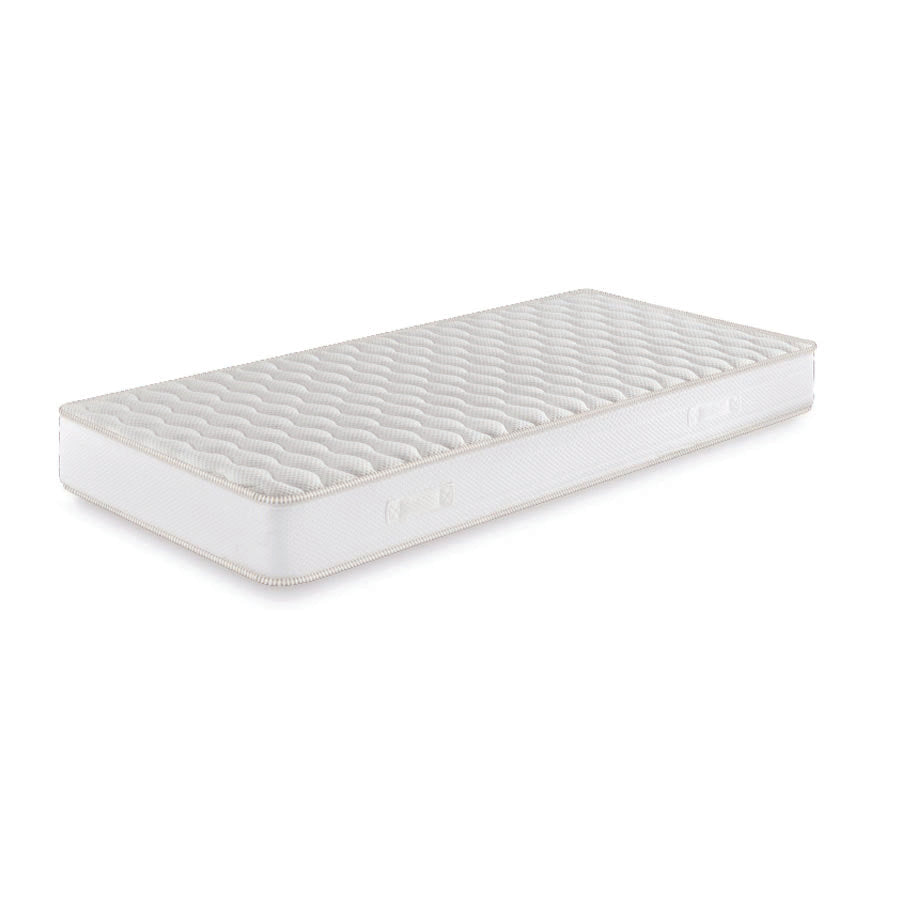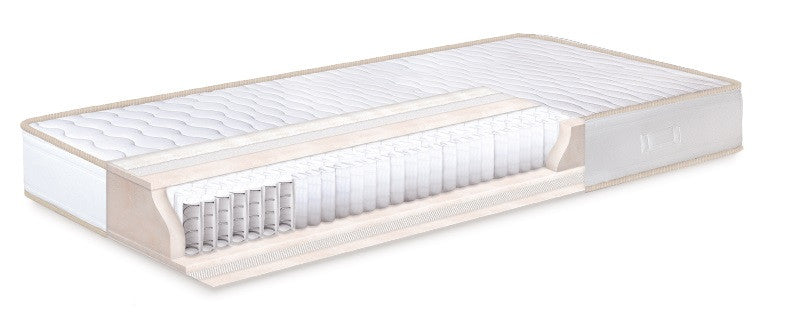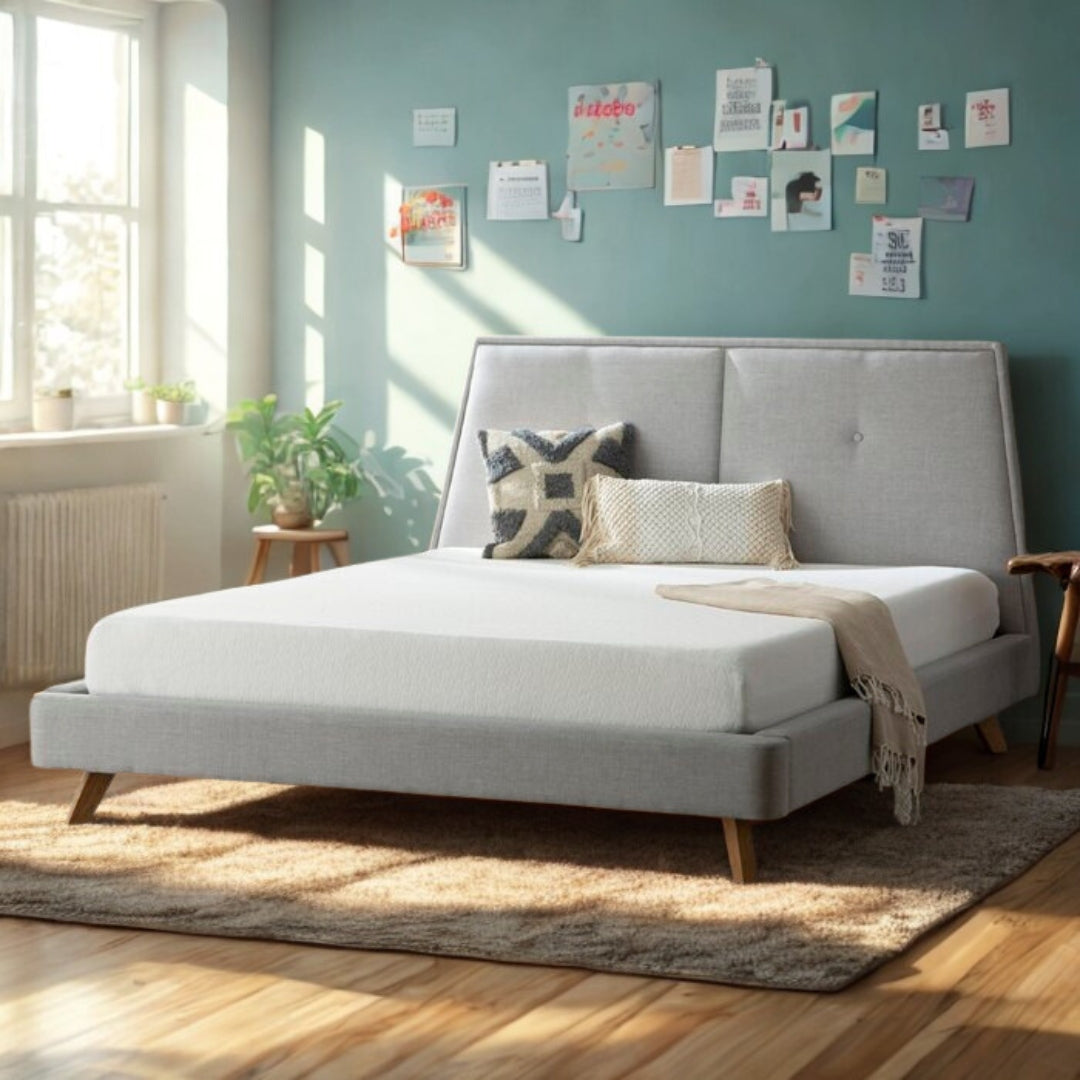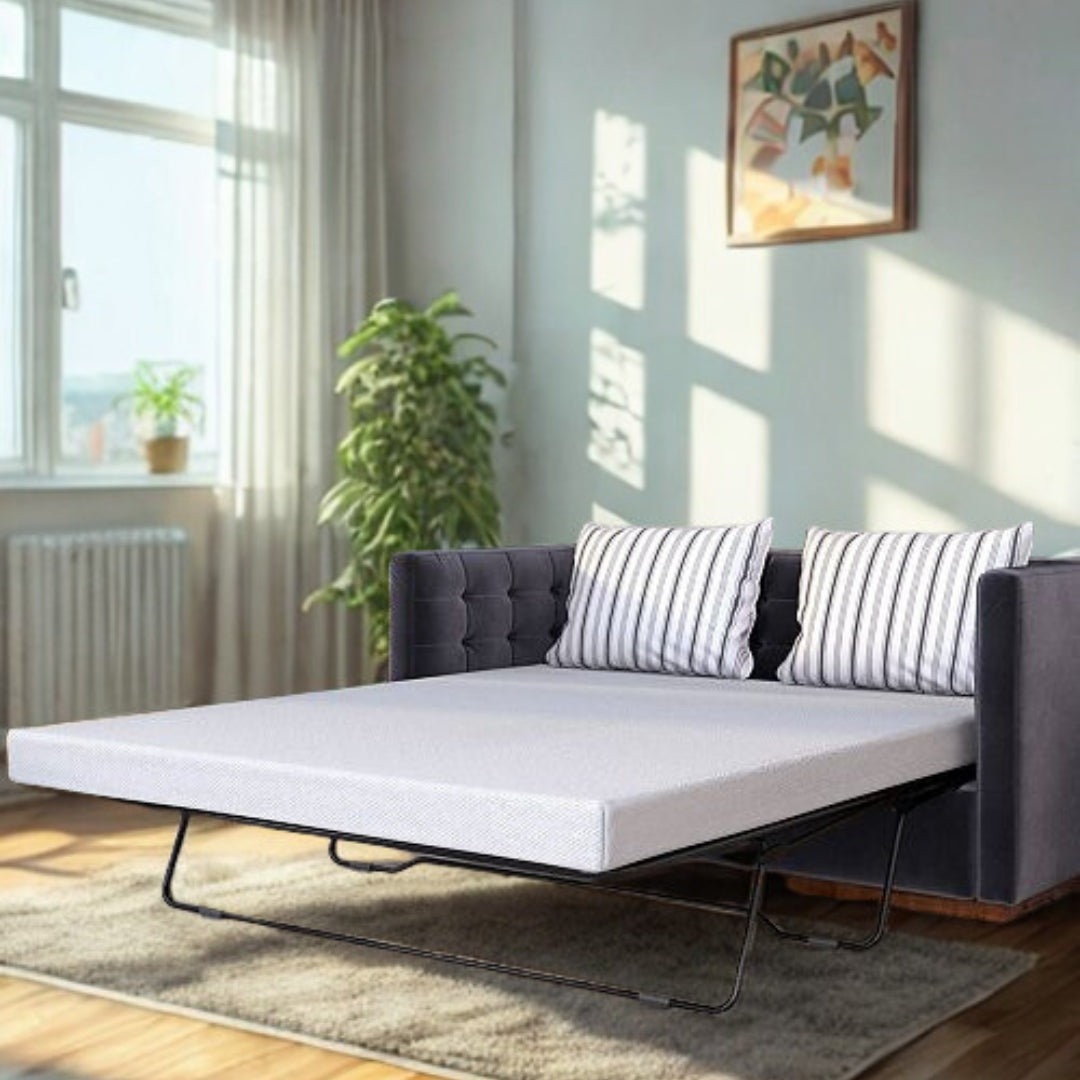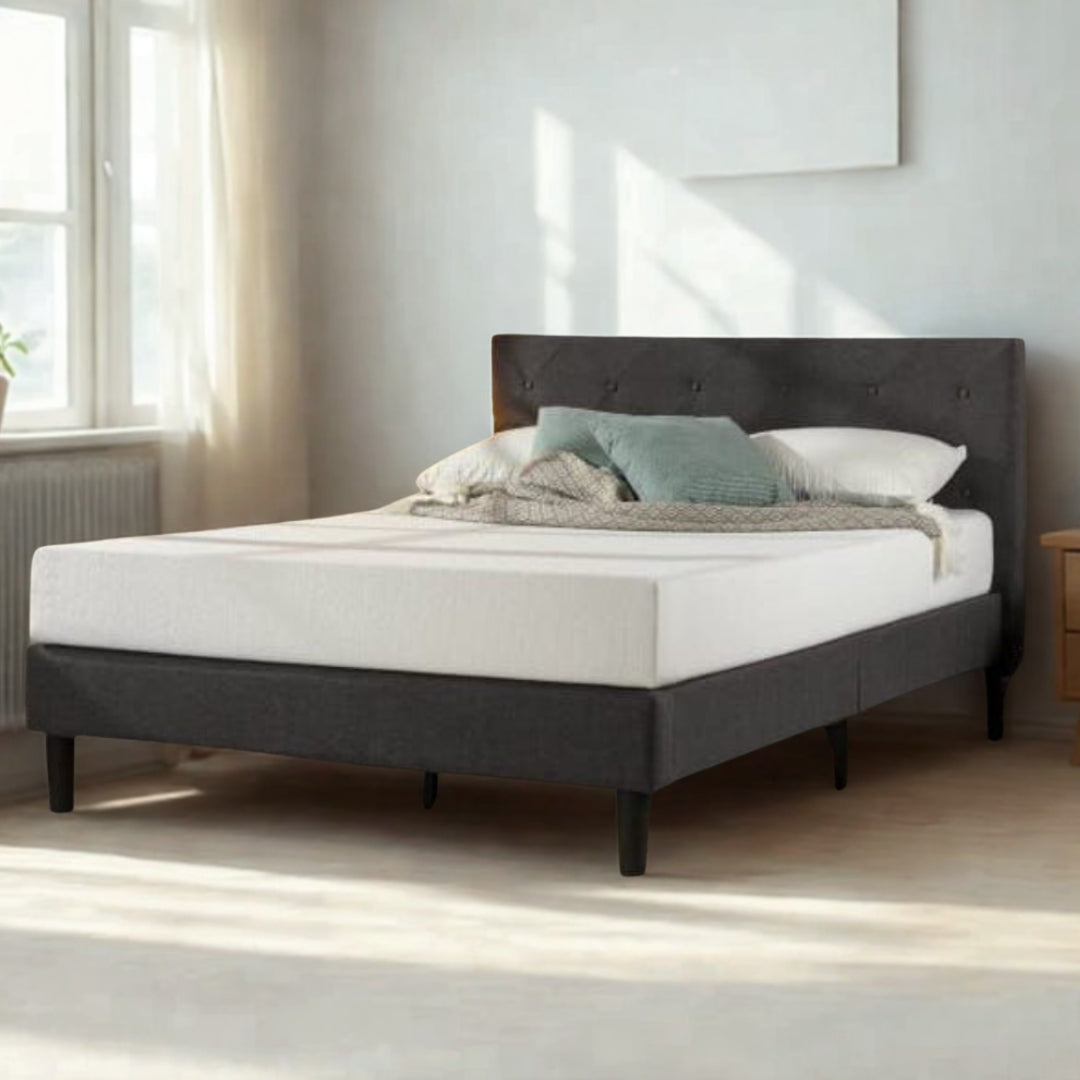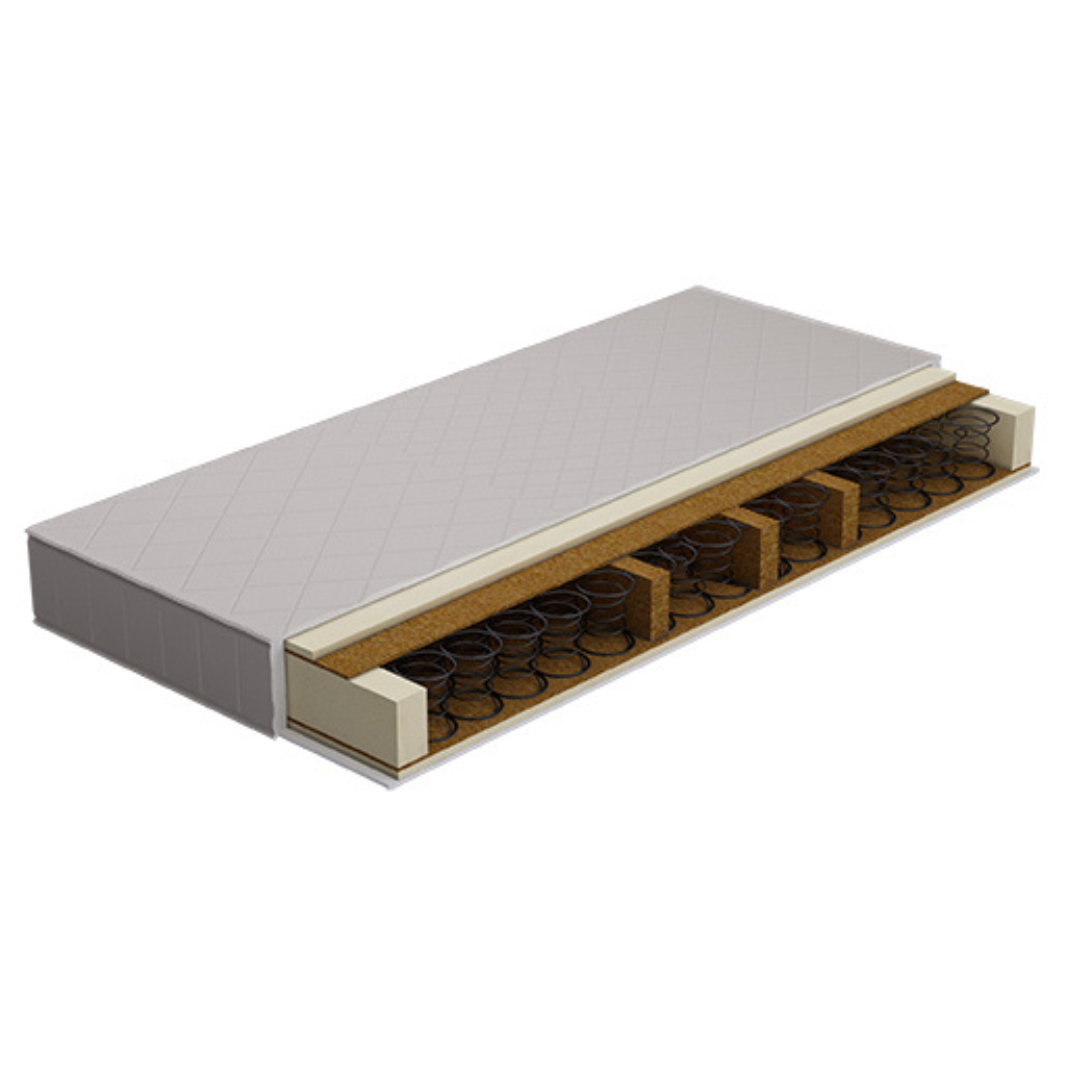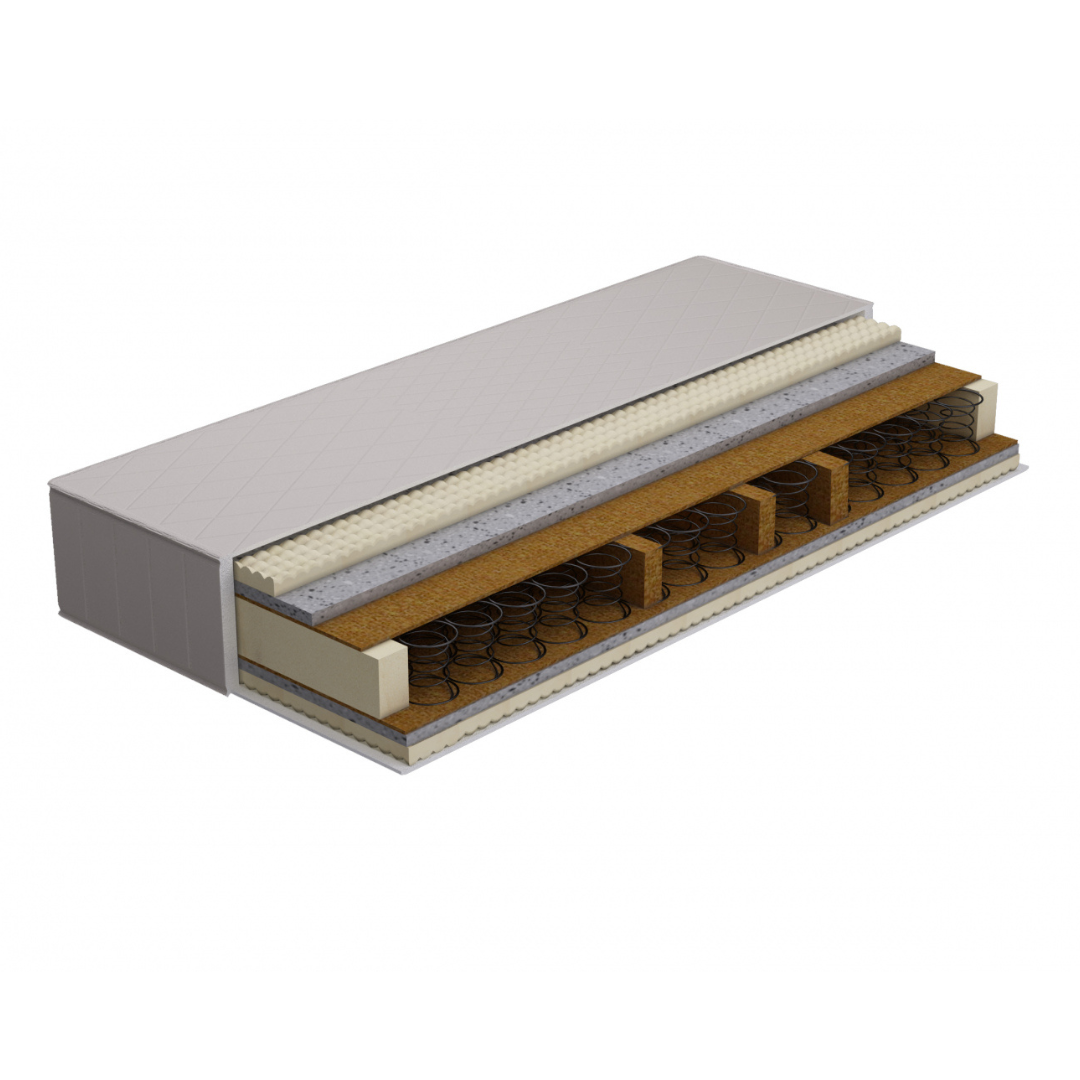It is important to keep our environment clean for our health. Bacteria accumulated on pillowcases can worsen the condition of our skin and immune system in many ways – but how often should you wash your pillowcase and pillow? Why is a pillow protector important? Let's see the details!
You're lying on oils, dirt, and sweat, which causes acne.
According to the American Academy of Dermatology (AAD), we shed about 30,000 to 40,000 dead skin cells every day. During seven to eight hours of sleep, most of those skin cells end up on our pillow, along with sweat, skin oils, and saliva. Your pillowcase is in direct contact with you, which means it can harbor a lot of bacteria that can damage your skin, hair, and immune system. According to SleepZoo.com sleep expert Chris Brantner, hair is the main source of dirt on your pillowcase. As he says: “Most people don’t realise that our hair has more dirt in it than anywhere else on our bodies. And we use it to wipe our pillowcases every night. The expert also points out that there can be pollen residue on pillowcases, and that it can stick to the hair, which means you can be breathing in allergens continuously for seven to eight hours at night, which can aggravate allergies.
Dirt on your pillowcase is one of the main causes of acne and one of the biggest causes of blackheads. Don't forget that there are also skin cells and sweat from the person you sleep with, whether it's your partner or their pet. The result can be skin irritation, rashes, or even infection or eczema.
Dirty pillowcases are a haven for dust mites and bed bugs
Dust mites are microscopic creatures that feed on dead human skin cells. They thrive in warm, humid environments, so it's no surprise that they settle on bedding. The biggest problem is if you're allergic to them. The most common indoor allergen: it can cause itchy skin, nasal congestion, and watery eyes.
Use a pillow protector
If you zip the pillow completely around with the pillow protector, you can prevent dust mites and bed bugs from getting into the pillow through the pillowcase.

Weakened immune system
Germs on pillowcases, coupled with a lack of care, facilitate the accumulation of bacteria, which can weaken the immune system.
Regular cleaning
Ideally, you should wash your pillowcase at least once a week on a high heat setting. Of course, if you sweat a lot or wear makeup, you should clean your pillowcase more often, at least every other day.
Be careful with cleaning
Fabric softeners are also a danger to the skin, as they leave a waxy residue on the pillowcase and clog pores. Avoid using all fabric softeners, unfortunately, even fragrance-free ones, as they can also be a problem for the skin.


